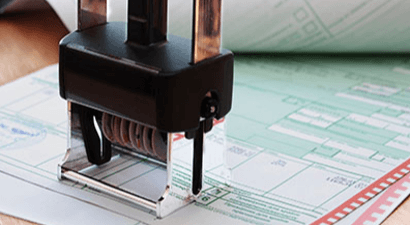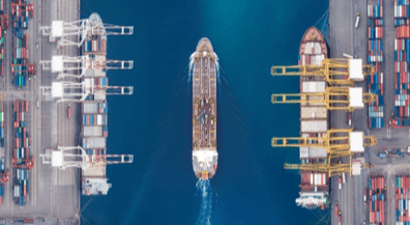Imported Goods: The Price Reference Tool Dilemma
The Southern African Clothing and Textile Workers' Union (SACTWU) has labelled customs fraud a form of “economic sabotage” committed by certain importers where duties on imported goods are illegally avoided by engaging in activities that include the under-valuation or the mis-declaration of goods.
In 2009, because of fraud complaints, SARS kicked off a clothing and textile (CAT) campaign to stop illegal, cheap imports from entering South Africa. In line with this, a new price-reference system was introduction in November 2011. The system values textile imports based on referencing negotiated by government, labour and business. Any textiles imported at a price lower than the reference index are stopped. This inevitably leads to substantial delays during the investigation into value of the goods. It is also common practice for SARS to demand a provisional payment, as they are entitled to do in terms of the Customs & Excise Act No. 91 of 1964 (“the Act).
The price-reference system has many legitimate businesses suffering due to the many customs stops they must endure, giving rise to considerable costs of delayed container demurrage, depot storage fees and contractual penalties, not to mention the repeated provisional payments that must be made to SARS pending release of the goods. To make matters worse, SARS does not seem to be able to deal with the volume of stops being imposed on the importers.
SARS officials on the ground have lost sight of the fact that the reference index is only a tool and not a method of valuation. The methods for valuing goods are clearly set out in the Act, and largely mirror the international provisions of the World Trade Organisation (WTO) Valuation Agreement, which is incorporated into our legislation.
The pricing reference is at best indicative of value and should be subject to the WTO Guidelines. The reference does not consider that many factors can affect the price of an item, including cost of labour, amount of fabric utilized, economies of scale, cost of trimmings and accessories.
Article 13 of the Valuation Agreement allows SARS to call for security pending verification of the value declared by the importer in order to allow the goods to be released. Section 107(2)(a) of the Act states that the SARS Commissioner must not, except on such conditions, including conditions relating to security, as may be determined by him, allow goods to pass from his control until the provisions of this Act or any law relating to the importation of goods has been complied with in respect of such goods.
Where security is called for in the form of a provisional payment to allow SARS to verify value, it must be understood that no liability has been determined yet. SARS must therefore finalise the investigation and decide to either accept the value, or provide reasons why the price payable is validly rejected. SARS must then rely on the next methods of valuation in sequential order to make a value determination.
If SARS, at the time of the stop, suggests that the goods have been undervalued then, in effect, SARS will have made a valuation determination and the importer has the right to follow the applicable remedies applying to such a determination.
In most cases, SARS simply raises provisional payments at the time of the stop and then fails to take the matter further. The result is that SARS has never made a valuation determination and, strictly speaking, importers have every right to demand repayment of the provisional payments unless SARS makes a determination within a reasonable period.
It is important for importers to note that:
• While SARS has the right to verify value, its official powers are, however, subject to the Constitution, which provides that everyone has the right to administrative action that is lawful, reasonable and procedurally fair;
• SARS is bound by the WTO Valuation Agreement provided for in the Act;
• The price reference index is simply a tool and may not be used as a method of valuing goods; and
• In Commissioner for the South African Revenue Service v Trend Finance, the court held that where matters were not dealt with by SARS within a reasonable time, a taxpayer was entitled to repayment of the provisional payment.





